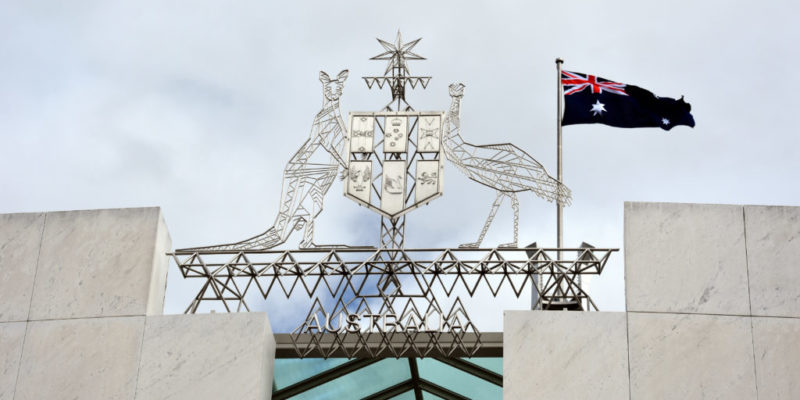The ABF announces a new initiative building on an old concept
The start of a new financial year is often used by the business community to launch new initiatives into the market. However, in this case, by media release on 1 July 2019, the Australian Border Force (ABF) as a division within the Department of Home Affairs (DHA) provided details of the establishment of a new…









